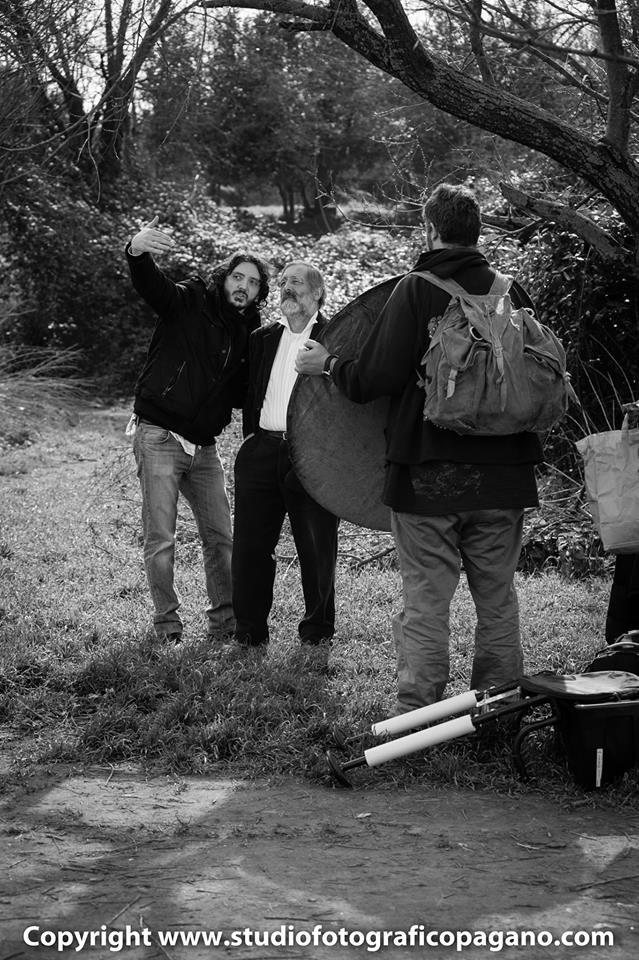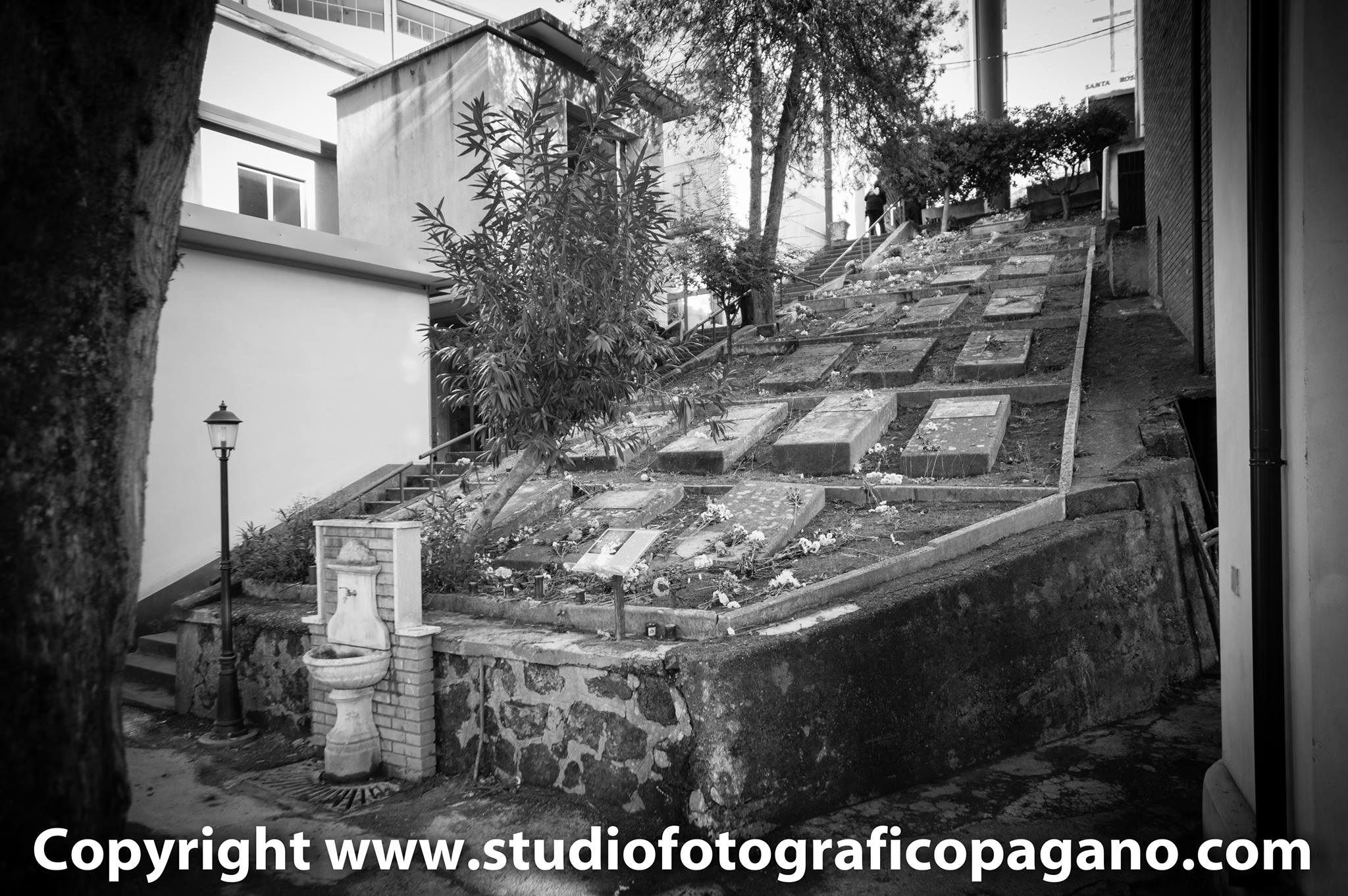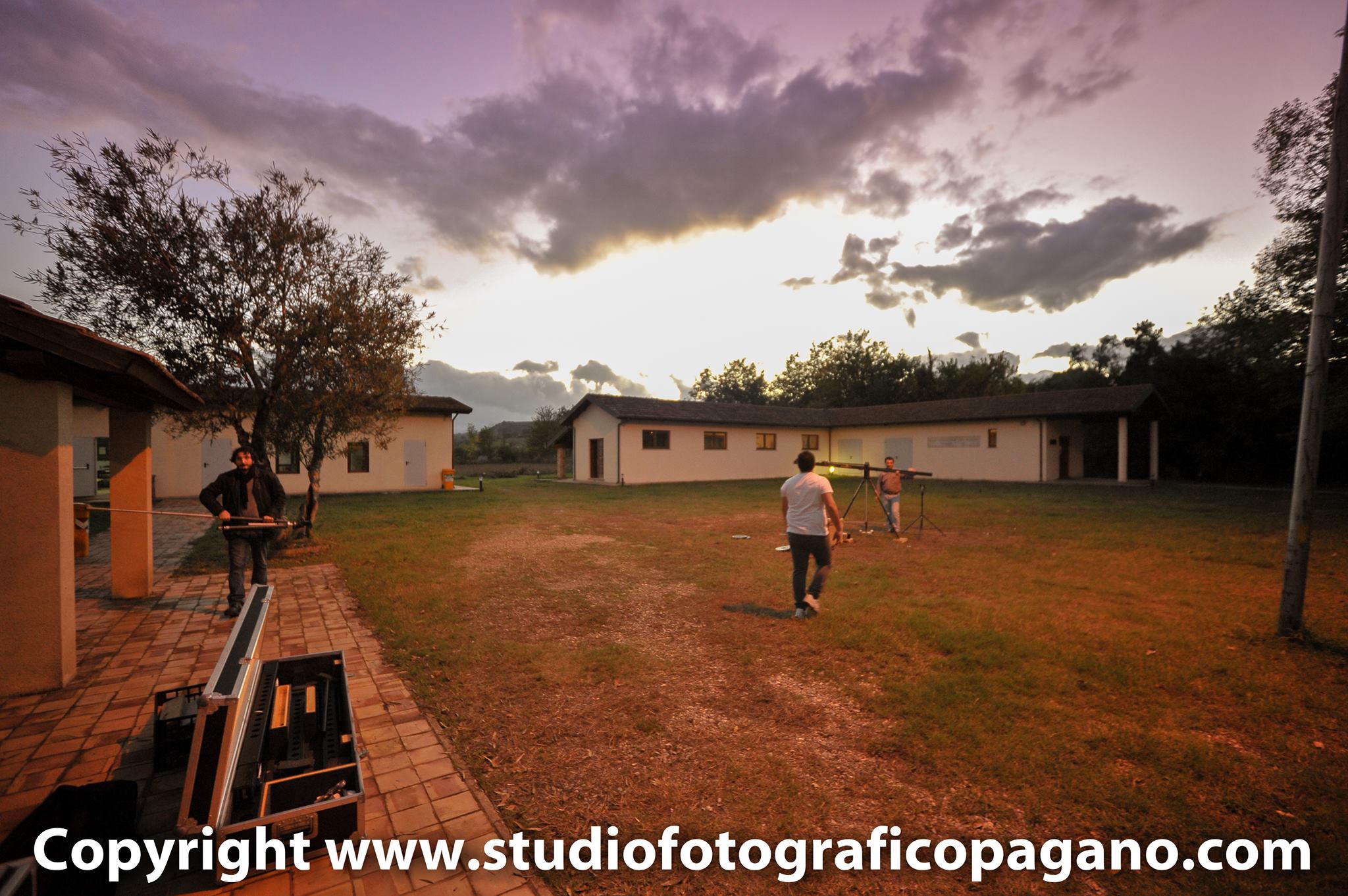"Italy is a country of contemporaries, without ancestors nor posterity, because it has no memory of itself" Ugo Ojetti
The design of a documentary on the history of Ferramonti di Tarsia concentration camp was born out of this necessity: to retrieve a piece of memory of this country that has been wrapped and hidden in the folds of historical amnesia.
The institution of internment camps in Italy, which was an emblematic result of fascist racial discrimination, is an event not covered in Italian history and unknown to many. This is due in part, to the merciless comparison with the much more famous Nazi death camps, and partly to the almost unspoken desire not to comprehensively delve deeper into a complex and thorny period of Italian history. A war-torn country reduced to rubble and the victim of constant and shameful injustices to which proper prominence has never been granted.
Notwithstanding the books published by Carlo Spartaco Capogreco, Francesco Folino and Mario Rende – none of the academic historians were ever seriously engaged in the reconstruction of the "Ferramonti affair". This is where the documentary begins: from the site of the camp, now almost invisible, to the testimonies, documents, photos, and the legacy of that period of captivity. A reconstruction that has the intent, 70 years after the liberation of 1943, to provide the viewer with a fascinating and detailed historical overview, leading to the discovery of a cultural heritage that, for better or for worse, should be divulged on the basis that "you cannot be aware of the future, if you don't know your past" ...











